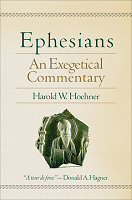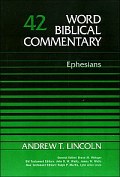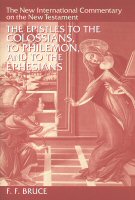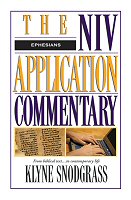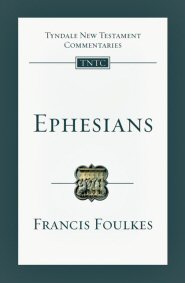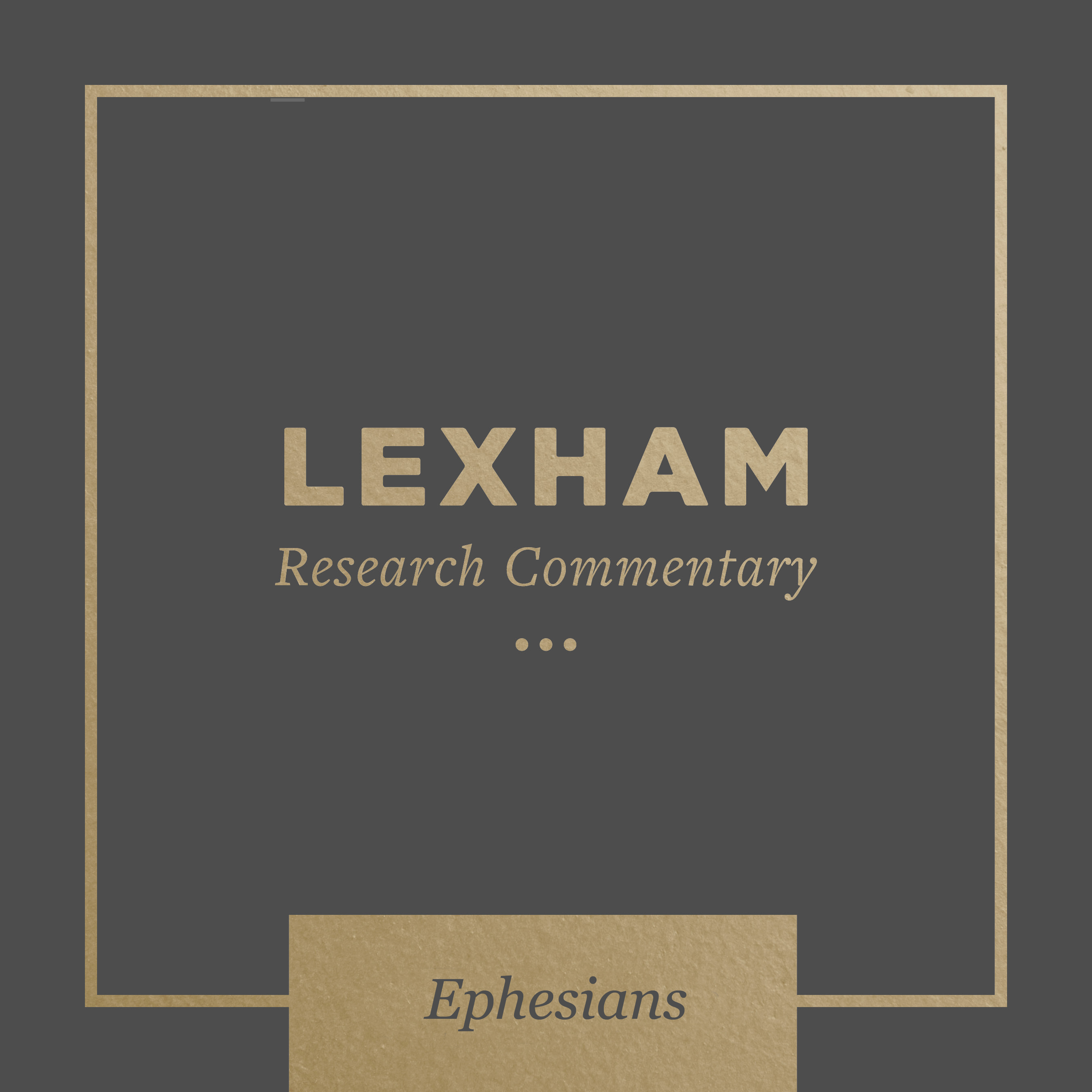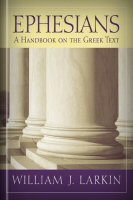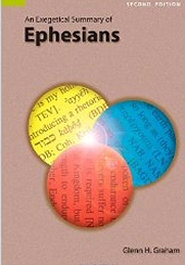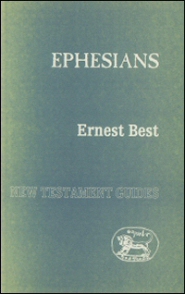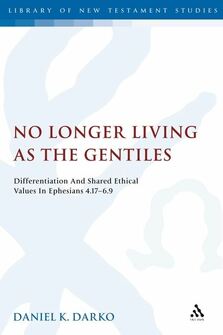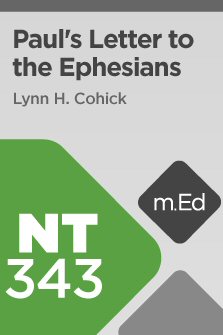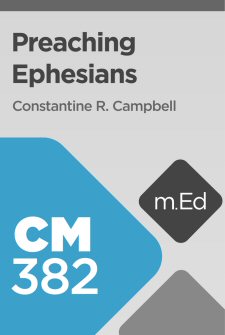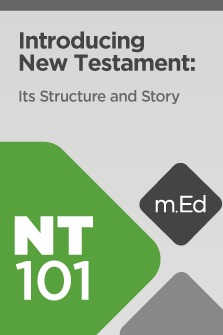Ephesians
The Ephesians Expository Preaching Kit (L) helps you plan an expositional sermon series with a trifecta of core resources in each of the Expository Preaching Kits: commentaries, Bible dictionaries, and sermon outlines. Each kit includes commentaries from Ancient Christian Commentary on Scripture (ACCS) and the Preacher’s Outline & Sermon Bible (POSB), as well as reference resources like The Oxford Handbook of Biblical Studies, Dictionary of Paul and His Letters (IVP Bible Dictionaries), and Carta's New Century Handbook and Atlas of the Bible . This kit includes everything in Ephesians Expository Preaching Kit (M) plus additional resources like The Letter to the Ephesians (New International Commentary on the New Testament | NICNT), Paul, Apostle of God’s Glory in Christ: A Pauline Theology, 2nd ed., Commentaries on Galatians-Philemon (Ancient Christian Texts | ACT), and more.
Small
Medium
Large
